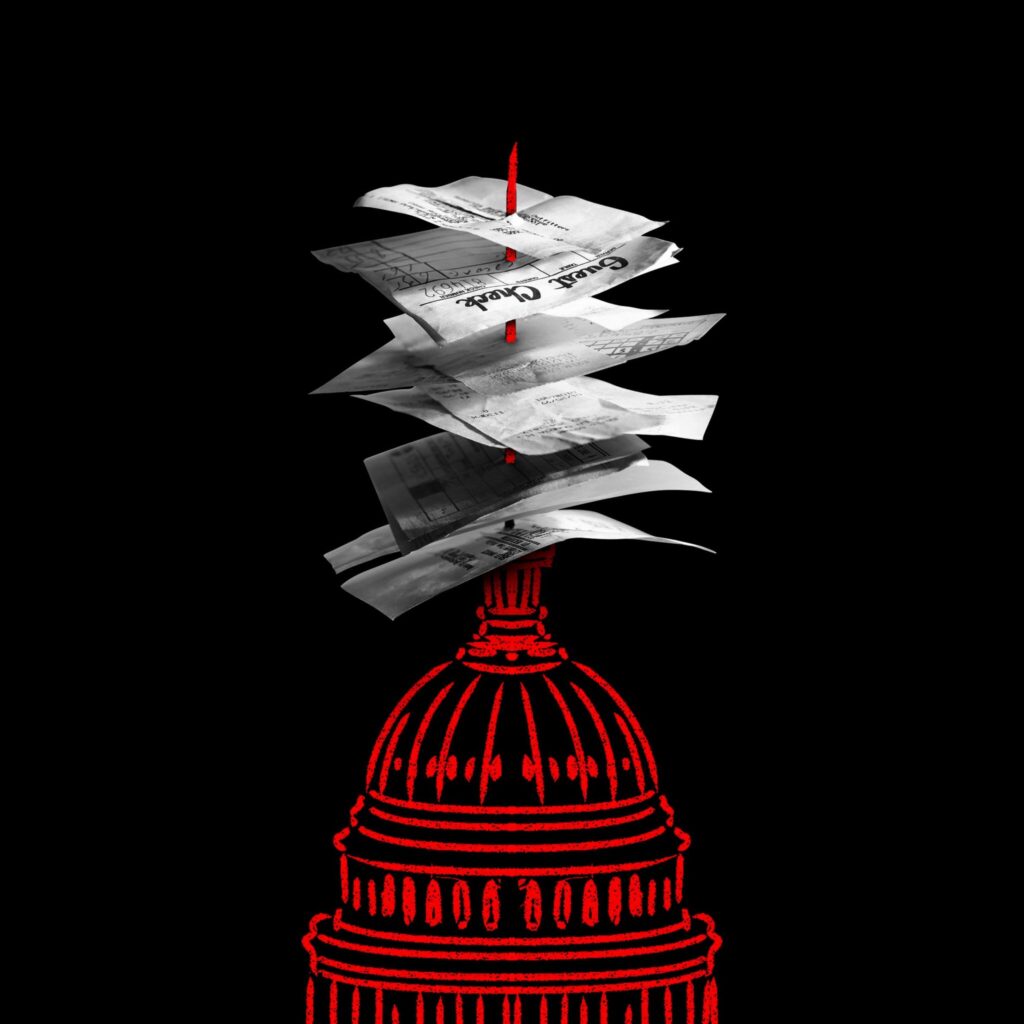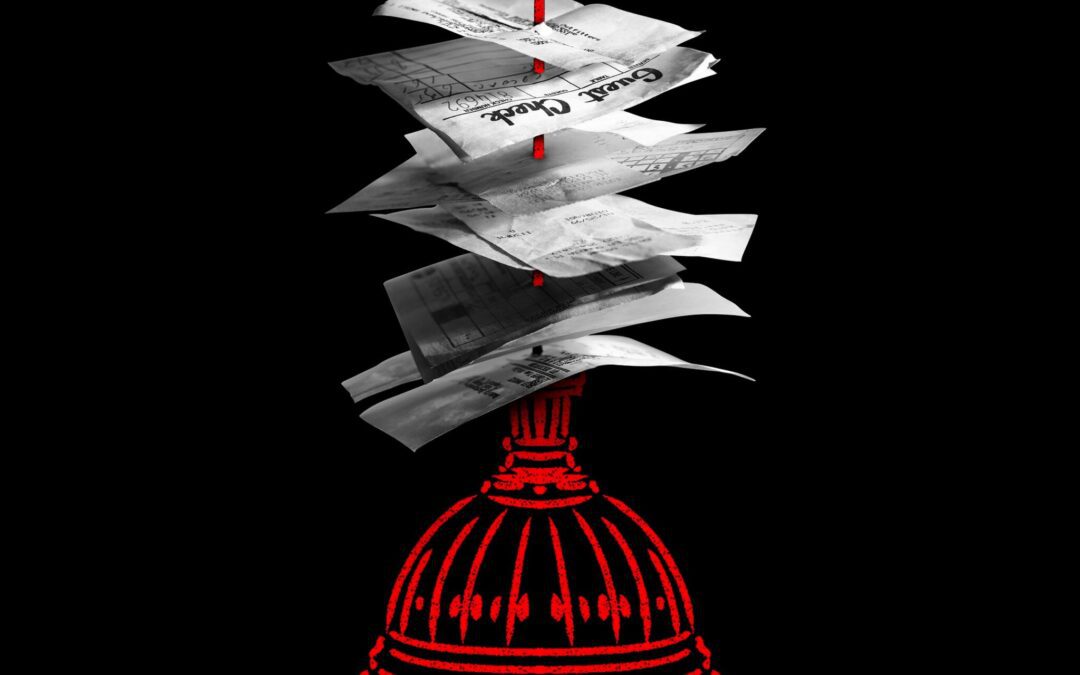
When the Small Business Administration unveiled in early May 2021 its Restaurant Revitalization Fund, a $28.6 billion program created as part of the $1.9 trillion American Rescue Plan, it offered grants of up to $10 million to replace lost sales for bars, restaurants, caterers and food trucks, among others.
“Help is here,” Isabella Casillas Guzman, the agency’s administrator, said of the program at the time. But the program shut down barely two months later after running out of money, despite only fulfilling less than one-third of the grant requests it received. The Small Business Administration, which ran the fund, told unsuccessful applicants in an email that it was unable to fund all qualified applications because of overwhelming demand. Lawmakers projected at least $120 billion in demand for the restaurant fund, but provided money for less than a quarter of that amount.
Flash forward less than seven months, and restaurants in Mill Valley and across the country are experiencing massive turbulence amidst the highly transmissible omicron variant, so much so that more than two dozen mayors, including San Rafael Mayor Kate Colin, called on members of Congress to provide emergency relief for restaurants, warning of “catastrophic” impact on the local economy and a massive wave of permanent restaurant closures, according to the San Francisco Chronicle.
In a letter sent to the leaders of the U.S. Senate and the House of Representatives and signed by 25 current and former mayors, representing cities such as San Francisco, Oakland, Philadelphia, Los Angeles, Seattle and Chicago, among others, the mayors said the omicron variant may cause many restaurants to shut down for good, estimating that 86% of independent restaurants and bars that previously didn’t receive grants from the federal Restaurant Revitalization Fund risk closing.
The struggles are exacerbated by the long-term staffing shortage, coupled with the need to shut down or limit operations as remaining staff test positive or pre-emptively close their dining rooms, revert to takeout and add new safety measures. Throughout the pandemic, health experts have maintained that indoor dining is one of the riskiest activities because people must remove their masks to eat and drink — and some have specifically warned against indoor dining amid the omicron surge.
“Restaurants and bars are months beyond struggling, they are dying in plain sight,” the letter stated, estimating that 90,000 restaurants have closed during the pandemic nationwide.
The mayors requested that Congress refill the Restaurant Revitalization Fund now but there are virtually no serious efforts underway to pass another major COVID relief bill, and such an attempt would face long odds, the Chronicle reported. Despite widespread bipartisan support for earlier COVID relief bills, the issue has become increasingly politically polarizing, with Republicans opposing several measures, like state and local relief money, that Democrats consider essential and have criticized the effectiveness of earlier bills.

